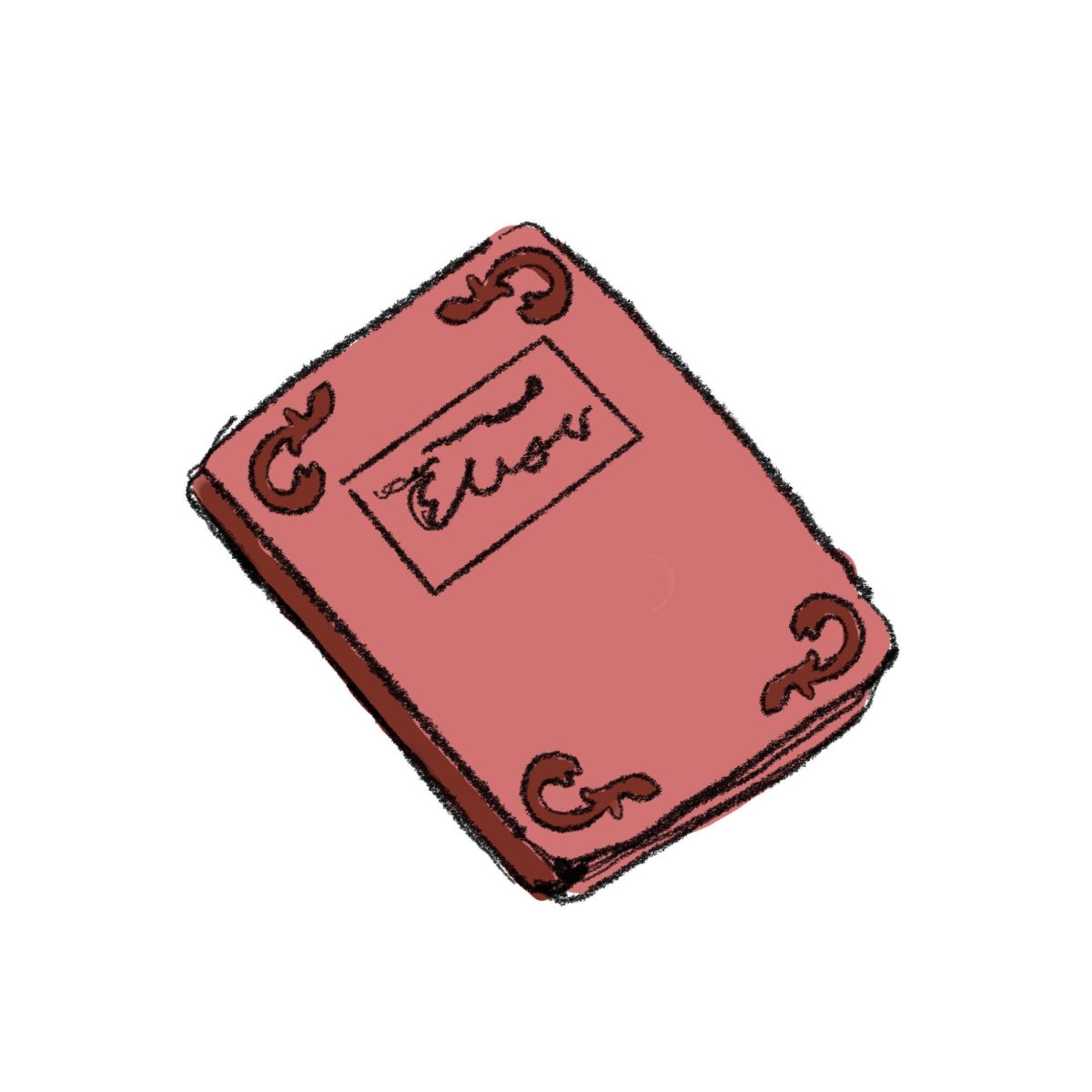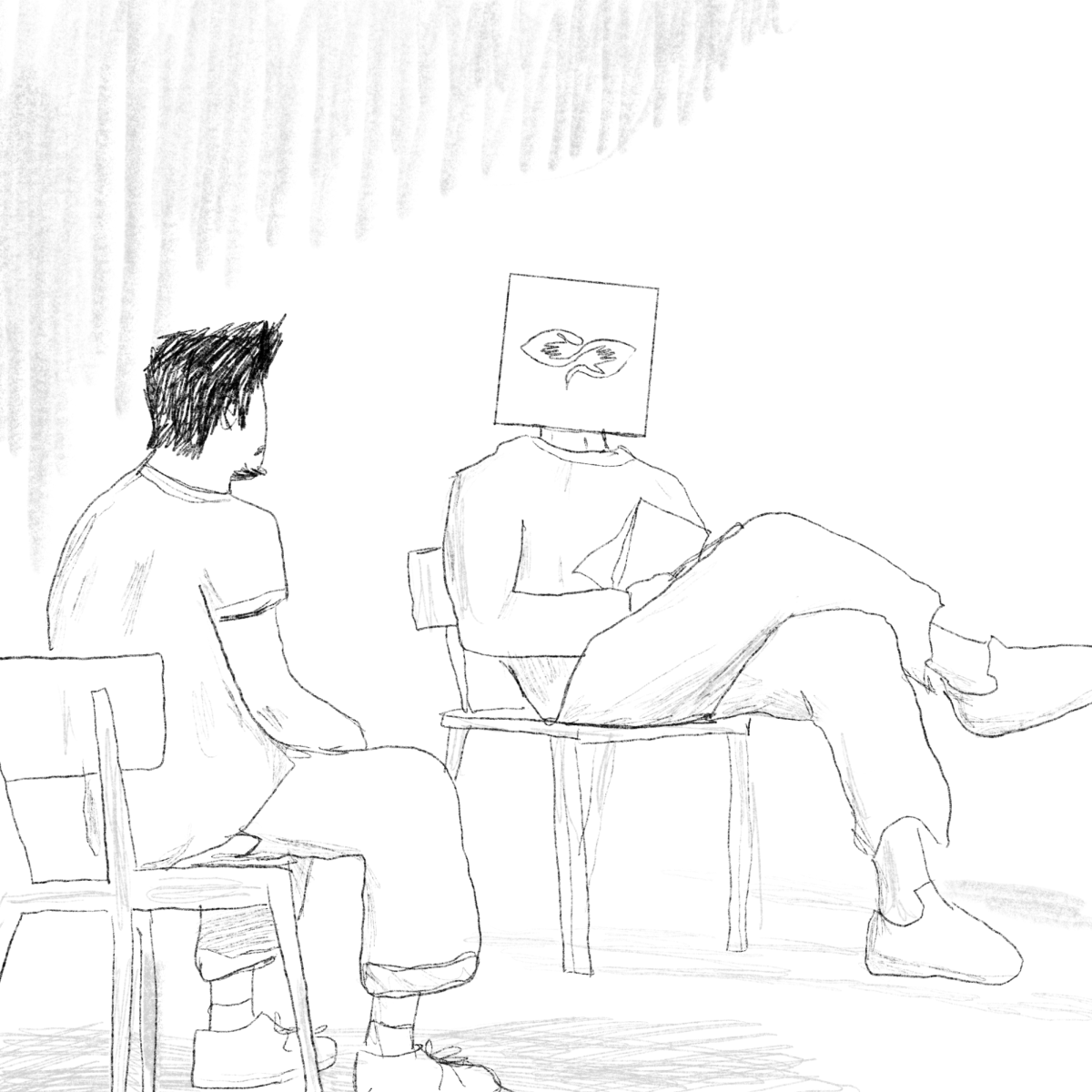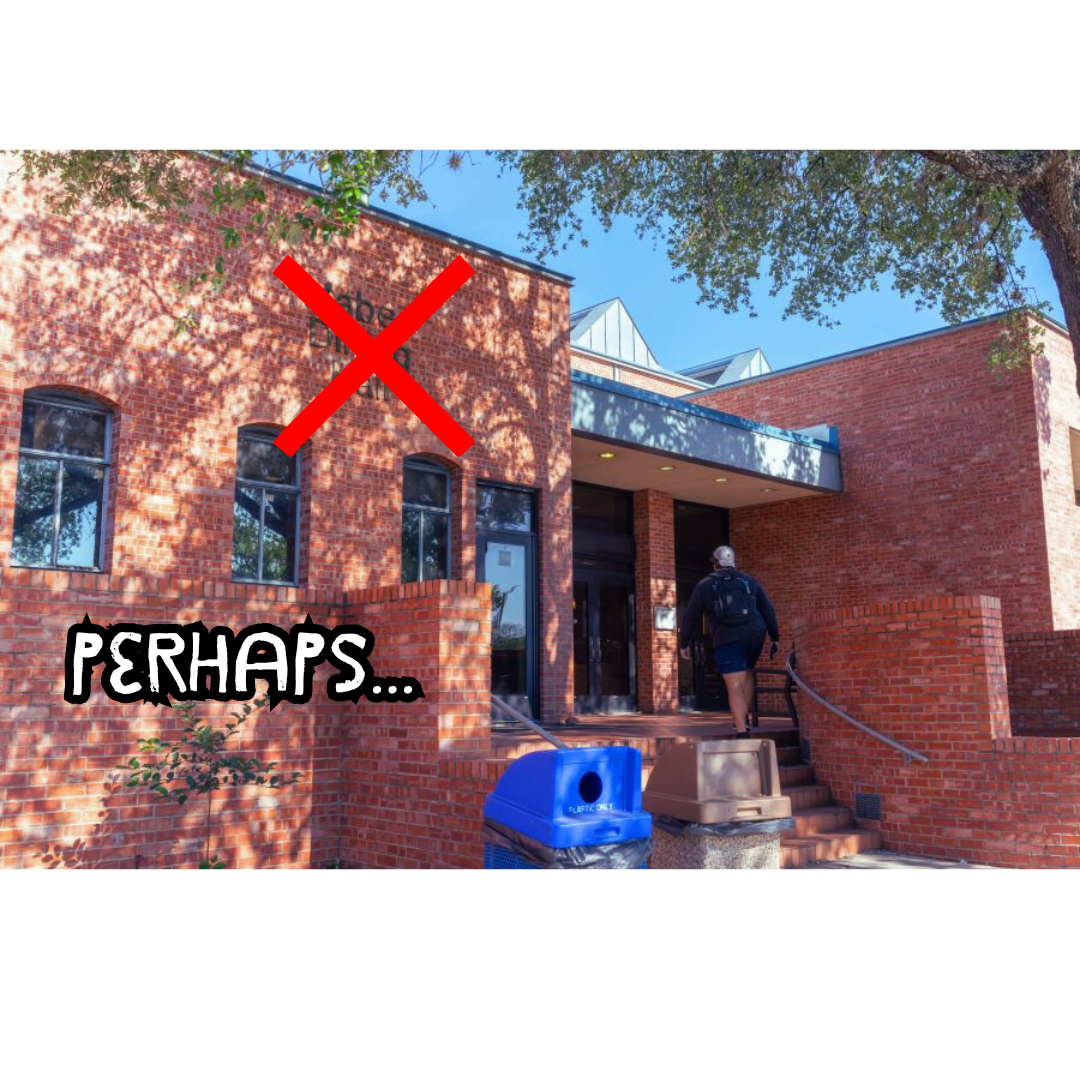From department secretaries to academic office administrators, these staff members keep departments running smoothly and help professors more than students know. Some of them even take classes for fun or as part of a degree. Here’s some insight into the on-the-job responsibilities of these women.
Deborah Bowling
Secretary in the School of Business
When did you come to Trinity?
I came to Trinity in 1990. I’ve been here almost 25 years. I worked the first seven years in the Registrar’s Office and then I came over here, which was an entirely different job.
What do you do on a daily basis?
It changes so much. I take care of 10 professors divided up, and the other secretaries in the office take care of the same amount of professors, if not more. Basically, we just take care of what our professors need, especially first thing in the morning. The most important part of my job is to take care of the students who come into the department.
Do you have a favorite memory on the job?
The opportunity to have been able to see the different people they bring here on campus. I’ve got to see Alex Haley, who wrote “Roots.” He was here on campus, so I got to have breakfast with him and a group of students and listen to him speak. I’ve also seen the British actor John Cleese.
I’ve taken two classes, non-credit of course, that I wouldn’t have had the opportunity to do anywhere else: “Art and Archeology of Ancient Rome” and “The History of Ancient Greece and Rome.”
What are some of the challenges of the job?
Just making sure that everything is running on an even keel. It can get a little bit crazy in here. The challenges are we have 22 professors, trying to keep them where we have them on the deadline.
We also have no room up here; we’ve run out of space. Trying to get it to where if you need to come in here and take an exam, we have a room to put you up in if you need extra time. Those have been the main challenges we’ve encountered these last few semesters, just making sure we have the space to accommodate people.
How would you describe the professors in this department?
I feel like they treat us as equals and that we work together as a team. It’s not “the secretaries are over here and the professors are up here.” In this department, I really do feel we honestly work as a team. I’ve been very lucky to work here at Trinity.
Brandy Flores
Academic office administrator, department of history
When did you come to Trinity?
I came here in September 2013. Trinity is very welcoming. It’s a friendly community. Everybody works together and looks out for the best interest of one another. It’s not one person trying to be better than anybody else. I think it’s a good vibe, especially here in this department. Even the students come in here and feel very comfortable talking to their professors.
What do you do on a daily basis?
I manage the department as far as whatever the faculty needs. I also do the budget reports for the department, and we have four other accounts for the distinguished professor and research. If they have any needs for their classrooms or if there are any students majoring or minoring in history, I try to help them out. I will also be in charge of the communications as far as what is going to be on display on our TV outside the office.
What are some of the challenges of the job?
The job can be demanding at times because we have a lot of different faculty here in the department. It’s all about managing and prioritizing your time.
How would you describe the professors in this department?
All of the history professors are just very laid back and cool, almost zen-like. They are very welcoming with their students, and they encourage students to come into their office. Their offices are always open, so it’s a very welcoming environment for everyone.
Amy Lazzell
Academic office manager, department of music
When did you come to Trinity?
I arrived at Trinity in 2001. I initially started off in the Registrar’s Office, and then I came to the music department.
What do you do on a daily basis?
We are one of the busiest departments on campus. We deal primarily with the outside public where we coordinate all public interactions, scheduling and communications for external events.
There’s a lot of public interaction and things where we not only work internally with the different departments and the events they need to have here, but we do a lot with the outside. We’re very similar to what conferences and special programs in Laurie Auditorium does along that same line. We can have 150 to up to 200-some-odd events a year.
My job is that I oversee all of the activity in the department in regard to the public and internal interaction. I have a Ruth Taylor Recital Hall manager that I oversee with all the events that need to be scheduled.
We really go all day and most of the evenings because almost all of our music events start at 7:30, and so I’m here early in the morning and until the late evening. Sometimes it requires for me to be here after hours and weekends, too, to take care of those events as well. We are a very busy department, but it’s all rewarding in the end.
What’s your favorite part of your job?
I think it’s definitely the people. I love interacting with the students. I work with a lot of positions. Most of our part-time faculty are San Antonio Symphony players, and so they bring a very interesting background and stories with them.
The things that are available to be through the people that I work with and the students that come in are just fabulous. It’s a very interesting job, a very high-stress job, but a very interesting and fun job. Nothing is ever the same.
Irma Escalante
Senior secretary, department of religion
When did you come to Trinity?
I came to Trinity in September 2002.
What’s your favorite part of your job?
Interaction with students. I really enjoy meeting students and talking with them””our majors, whenever they come in and whatever they may need. We have periodic get-togethers for our majors, and that’s really nice. They have it right here in the reception area.
Do you have a favorite memory on the job?
I just graduated from Trinity last December with a major in religion and sociology as my minor, so my favorite memory was definitely when I crossed the stage and my department was cheering me on; that was just very special. I’m very proud of that.
The older you get, the harder it is. It’s blood, sweat and tears is what it is. That’s why this department is so great; they’ve been so supportive. As a matter of fact, I’m leaving in November and starting the process of creating this non-profit tutoring education center for children who can’t afford tutoring in my hometown, Pleasanton, Texas.
What was your favorite course you took?
It’s a sociology class with Dr. Spener called “Cities of Immigrants.” It was great; I love his classes, and I still read the books that I had in his classes. They’re so helpful, especially in the field that I’m going into: tutoring children who have come from homes with single parents and poverty.
I loved all the sociology classes I took. It took me a long time, because””as an employee””you can only take one class a semester.







